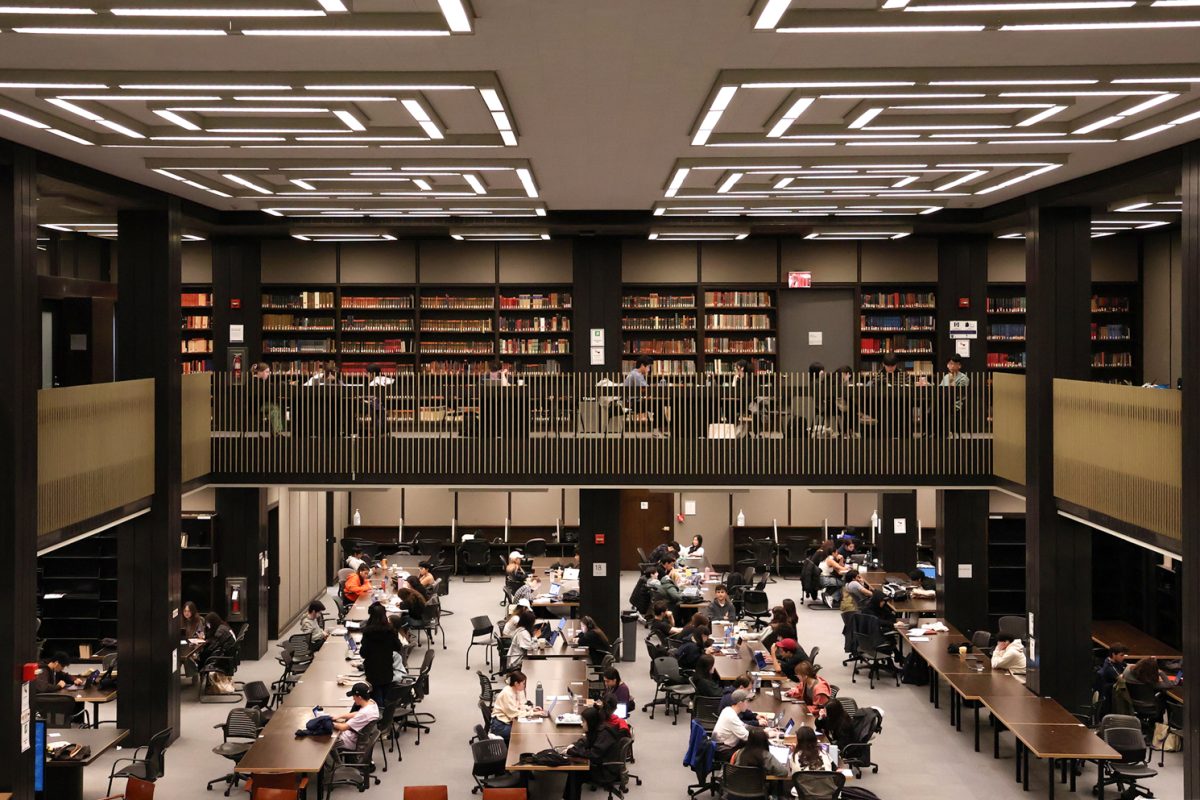Researchers at the Steinhardt School of Culture, Education, and Human Development studied teachers, parents and students at Florida public schools to examine the effects of state policies restricting access to academic material on students’ quality of education.
The study — a collaboration between NYU and the University of California, San Diego — analyzed the impact of Florida’s numerous policies restricting content like books and in-class instruction by conducting interviews and surveys with 86 people, primarily teachers and parents. The team of eight researchers found a “climate of compliance, fear and stress” that threatens students’ academic performance and the well-being of both teachers and students.
Hirokazu Yoshikawa, a Steinhardt professor who helped lead the study, said that limiting educational content about African American history, LGBTQ+ youth and other marginalized communities can significantly impact public education.
“These kinds of restrictions we feel go beyond the targeted groups to inflict what we call collective harm on all students in Florida’s public schools,” Yoshikawa said in an interview with WSN. “That’s probably the main message that the results show.”
The study comes after Florida passed legislation banning more than 3,000 books about race, sexual orientation and gender identity — more than any other state in the country. The laws have led Florida schools to pull books from authors including John Green, Judy Blume and J.K. Rowling, and can be found at both state and local levels.
The study uses the term “limitation effect” to describe the negative impacts that state policy has on the daily interactions between educators and students. These effects can limit student comfort in sharing information about their gender identity and preferred pronouns, which Yoshikawa said can be critical components to their mental health.
In August, researchers at Steinhardt developed a “culturally responsive” toolkit to support diversity and civic engagement at U.S. public schools. Their goal was to address the lack of representation reflected in current public school curricula and highlight the importance of cultural awareness and diverse perspectives.
“While a lot of policies that aim to improve education aim to widen learning opportunities, these policies are restricting learning opportunities,” Yoshikawa said. “That affects all students.”
Contact Mariana Arboleda and Josephine Deiesu at [email protected].


























































































































































